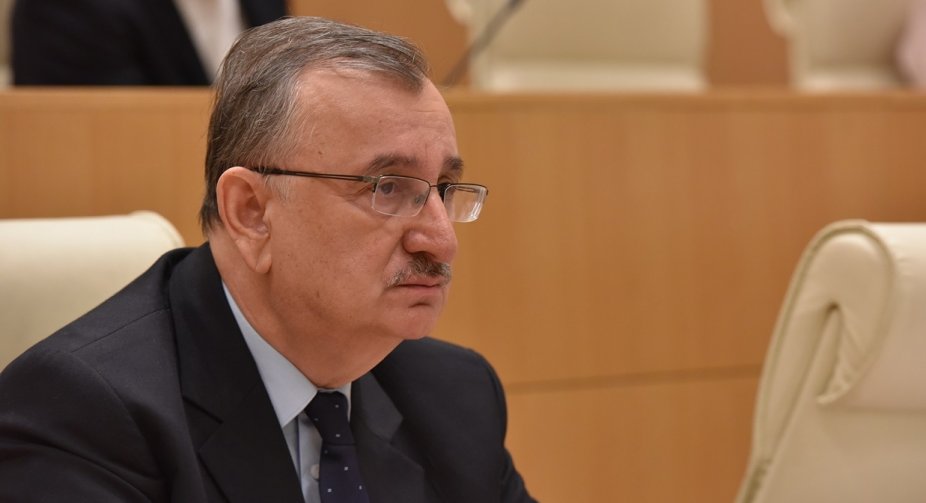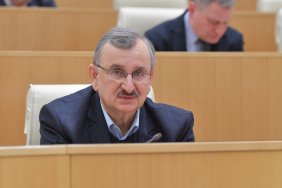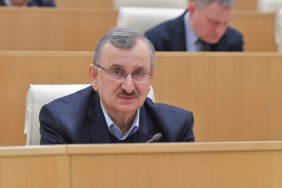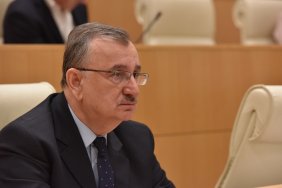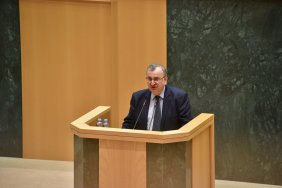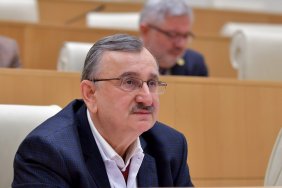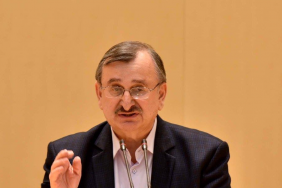Parliamentary opposition groups on Friday urged the President to veto amendments to the Law on Broadcasting, which extends the power of domestic Communications Commission, a regulatory body, and allows it to fine media companies for the content and ads containing hate speech and incitement to terrorism, while the topics were earlier regulated by media service providers themselves.
Opposition MP Roman Gotsiridze claimed the bill proposed by the ruling Georgian Dream party, which was discussed and approved with its all three readiness in an accelerated manner this week, “aims to repress and prosecute free media”.
He also claimed the GD had “failed” to present “any argument” that the bill was the EU directive, as Irakli Kobakhidze, the party chair, claimed on Thursday.
Kobakhidze said the party “had no interest” in specific amendments, and the bill approved with its final reading on Friday had been “selected” by the EU structures from “three options” sent to them.
